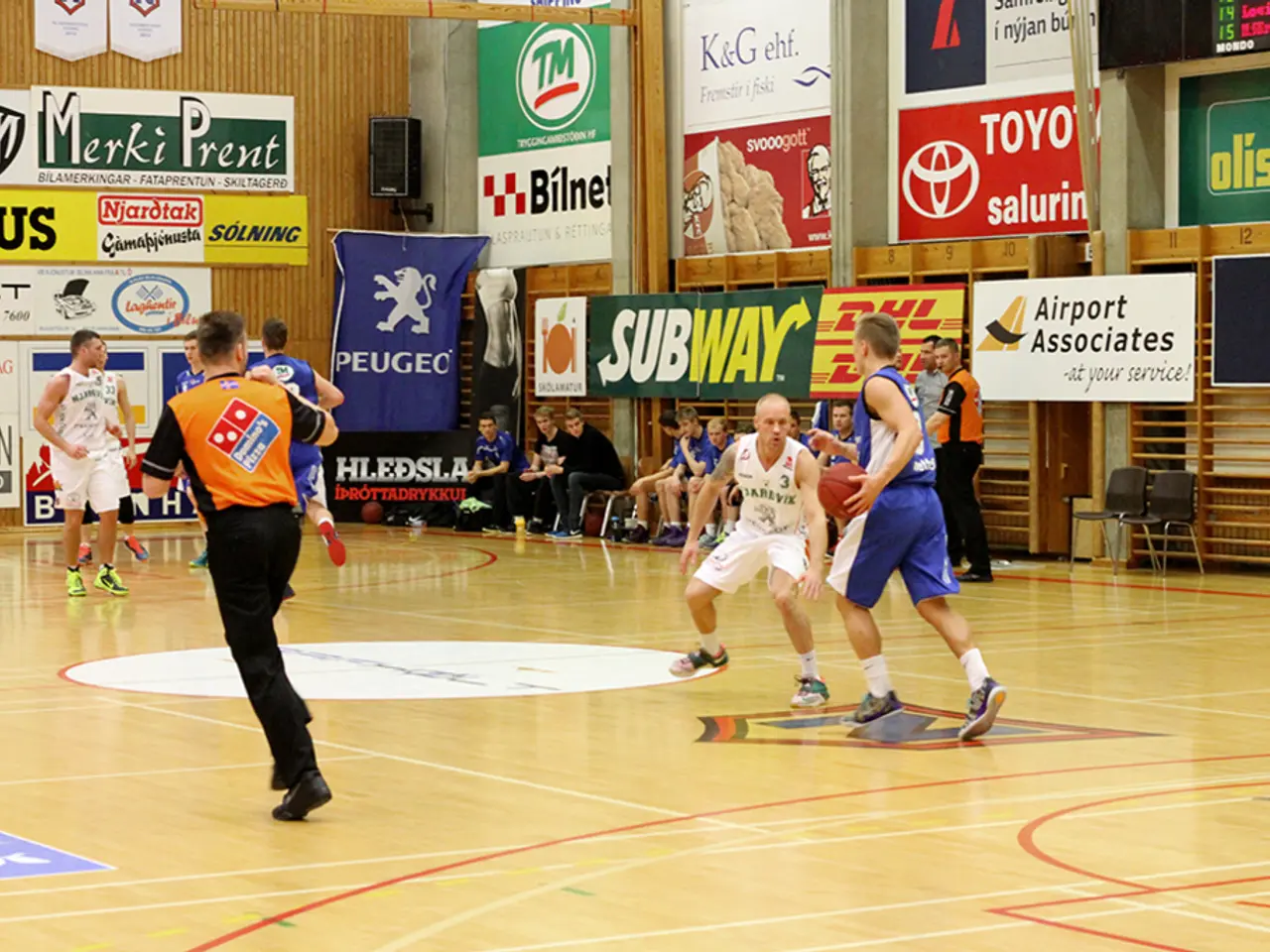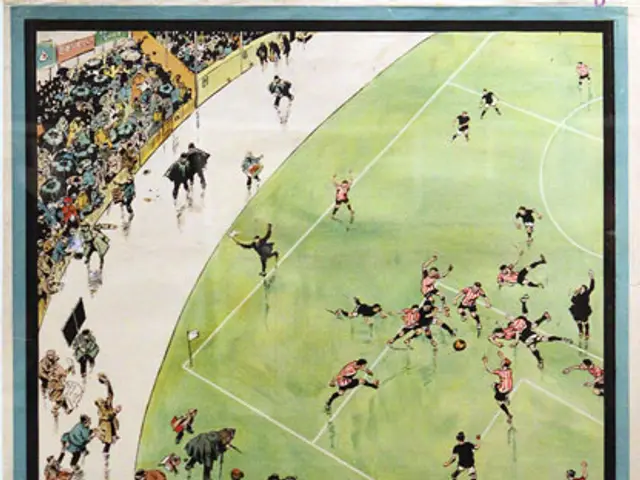Mendoza Discusses Temptation of Financial Gains
The Philippine Basketball Association (PBA) has implemented a new rule that imposes a three-year ban on players who choose to leave the league to play in other leagues. This rule, which took effect in mid-July 2025, affects both rookie draftees and veteran players who do not sign or re-sign with their PBA teams[1][2].
Under this rule, rookie draftees who receive a Uniform Player Contract (UPC) but decline to sign and play elsewhere cannot return to the PBA for three years, with their rights remaining indefinitely with the team that drafted them unless traded[1][2]. Similarly, veteran players with expired UPCs who do not sign new deals and go to other leagues are banned for three years, counted from contract expiration[1][2].
If a valid contract offer is extended within 30 days after UPC expiration and the player refuses to sign, the three-year ban also applies[1][2].
The PBA's goal is to preserve roster stability, protect franchise investments, and stem the talent drain to foreign leagues such as Japan's B.League and South Korea's KBL, as well as local leagues like the Maharlika Pilipinas Basketball League[2][3]. However, critics argue that the ban heavily restricts free agency rights, essentially punishing players for choosing opportunities elsewhere even after contract fulfillment. This, they argue, undermines players' freedom to decide their careers and could be viewed as excessive control by the league over players[3].
Notable players affected by the rule include Arvin Tolentino, William Navarro, and Jamie Malonzo, who have all signed abroad and are now barred from PBA participation for three years[3]. It's worth noting that the ban does not apply to players whose mother teams do not offer a new contract within 30 days after their current contract has expired[1][2].
Additionally, the ban does not apply to players who meet the "seven-year rule," meaning they have played at least seven years or the equivalent of 21 conferences[1][2]. The PBA's three-year ban can be seen as an "eye-for-an-eye remedy" to the league's continued decimation of talent.
However, the rule's implications extend beyond just player autonomy and free agency principles. The ban may curtail freedom of choice and discourage a player's inherent right to grow while exploring global mobility. As the PBA continues to evolve, it will be interesting to see how this rule affects the league's landscape and the careers of its players.
[1] PBA Official Website. (2025). PBA Implements Three-Year Ban on Players Leaving for Other Leagues. Retrieved from www.pba.ph/news/pba-implements-three-year-ban-on-players-leaving-for-other-leagues
[2] ABS-CBN News. (2025). PBA Bans Players from Playing in Other Leagues for Three Years. Retrieved from news.abs-cbn.com/sports/pba-bans-players-from-playing-in-other-leagues-for-three-years
[3] Rappler. (2025). PBA's Three-Year Ban on Players Leaving for Other Leagues Sparks Debate. Retrieved from www.rappler.com/sports/pba/284297-pbas-three-year-ban-on-players-leaving-for-other-leagues-sparks-debate
Read also:
- Court petitions to reverse established decision on same-sex marriage legalization
- Commemoration of 200 Days of American Resurgence Unveiled
- Minister Bärbel Bas expresses doubts about her tenure as a minister following a recent interview during the summer.
- Politicians from both Republican and Democratic parties are urging President Trump to maintain the security agreement with Australia and the United Kingdom.







